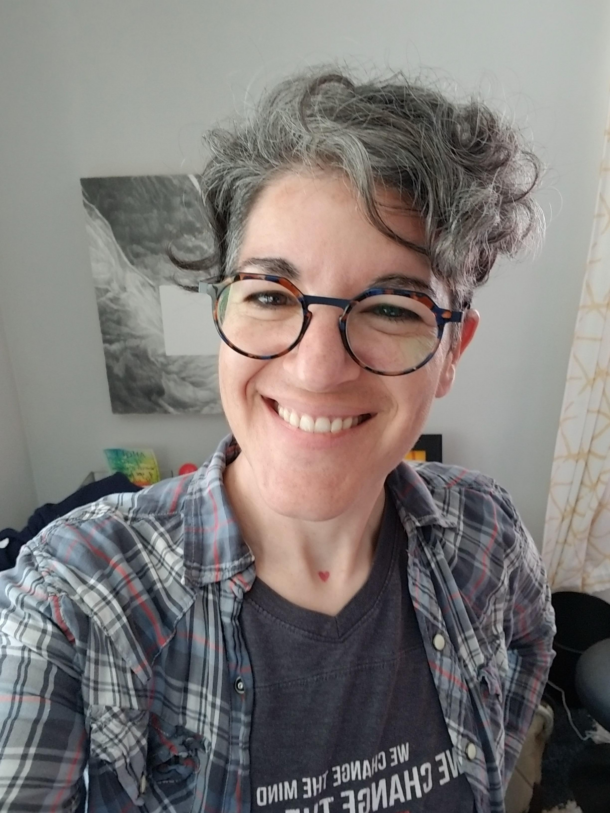Are you a hugger or a handshaker?
For the last handful of years, I’ve asked this question as a regular part of wrapping up meetings with new people. It was a question I trained myself to use after living in an all-hug-all-the-time small town for years, and then thoughtlessly reaching out to hug people elsewhere without permission.
There’s a look of uncomfortable surprise on a person’s face who isn’t expecting – who, perhaps, isn’t wanting – to end a meeting with a hug. I know because I saw that look a few times before I got the above question solidly in my routine.
Though my intention was as innocent as could be, I hugged a few people without their consent. Not okay. I knew that at the time – it’s why I started asking the question – and yet in the light of the Me Too movement, it all takes on more weight as we as a society are exploring what touch and status and gender and consent mean in this world of expanding consciousness.
This expanding consciousness is its own growth spurt and, as with all growth spurts, the efforts can leave us achy and uncertain at times.
For example, I recently asked a man to lunch after we met at a networking mixer. To me, it’s pretty standard practice: Go to an event, try to connect in a meaningful way with someone and, if that connection happens, invite that person to coffee or lunch.
Toward the end of the lunch, he thanked me for asking, saying that he was interested in sitting down with me, too, but feared misinterpretation if he initiated the time together.
Last week, I wrote about asking for what I want and being okay with whatever the answer from the people I ask. Asking is a vulnerable process; it’s exposing an inner need or want and releasing it from our control. Navigating the Me Too world requires the same kind of vulnerability from us, that we ask clearly for what we’d like and that we respond honestly and courageously to requests. In this, we have the opportunity, perhaps the responsibility, to guide one another through this newly burgeoning terrain with dialogue.
Yoga teachers are particularly brilliant at this. On noticing an adjustment a student could make to deepen her practice, a yoga teacher will come over, indicate where she’d like to move the person, and ask, “May I touch you?”
While life and business are often not as straightforward as a yoga class, the intentionality and directness are available to us in our every interaction.
Societal effort; individual responsibility.
Imperfection every step of the way.
